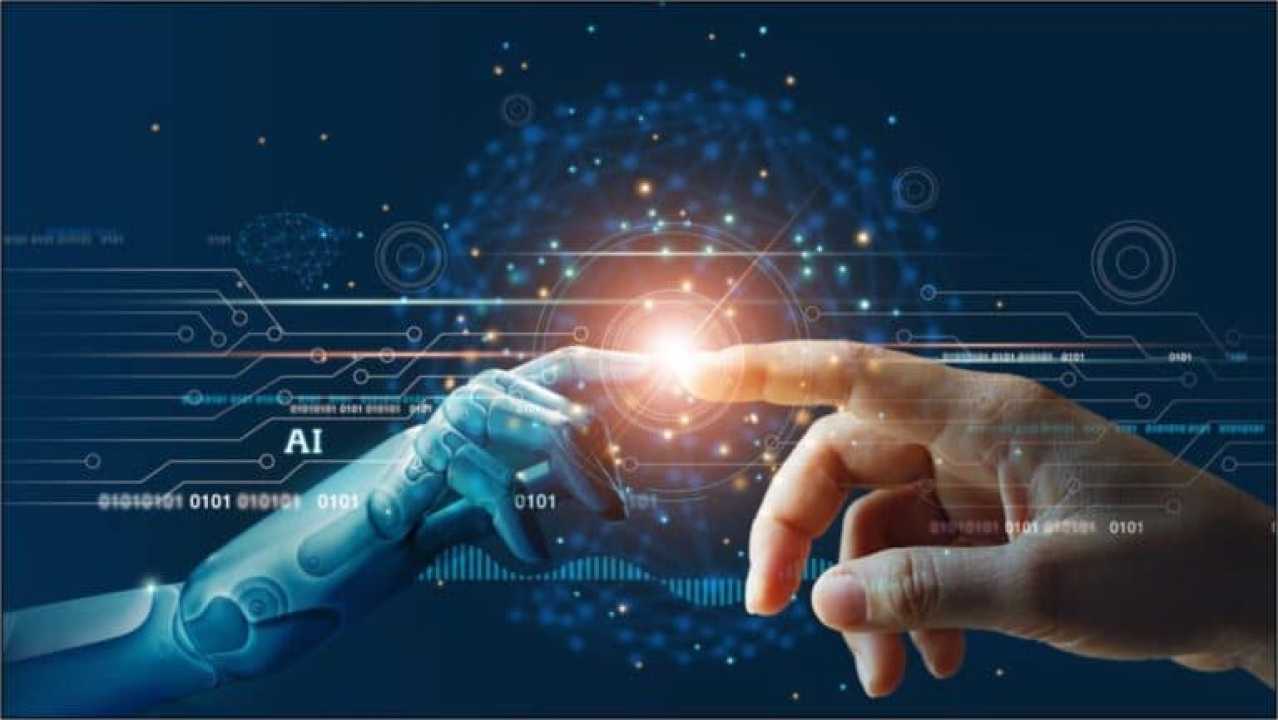Will AI Replace Data Scientists? See Why It Is Unlikely

In recent years, the field of data science has experienced unprecedented growth, driven by the escalating volumes of data generated by companies worldwide. The demand for skilled data scientists has surged as businesses seek to extract valuable insights from this wealth of information. Concurrently, the rapid advancements in artificial intelligence (AI) have sparked concerns about potential disruptions across various industries, including data science.
The Symbiotic Relationship of Data Science and AI
As the volume of data generated daily reaches staggering proportions, the need for data scientists becomes increasingly paramount. Simultaneously, the field of AI is undergoing rapid evolution, with machines exhibiting heightened levels of intelligence and autonomy. This confluence of factors raises pertinent questions about the future coexistence of data scientists and AI.
The Intrinsic Connection between Data Science and AI
Data science and artificial intelligence, while distinct disciplines, share a symbiotic relationship in the digital realm. Data science revolves around the extraction of insights and comprehension from data, while AI focuses on creating intelligent software capable of executing complex, time-consuming tasks. The interplay between these domains is evident, as nearly all AI applications are reliant on data.
The Limitations of AI in Replacing Data Scientists
While AI undeniably possesses the capacity to perform tasks traditionally associated with data scientists, such as data collection and analytics, there exist multifaceted aspects that often go overlooked. This discussion aims to dissect the plausibility of AI supplanting data scientists comprehensively.
1. The Dynamic Nature of Data Science
Data scientists navigate a diverse array of situations, in stark contrast to data engineers whose tasks often entail repetitive processes. AI's adaptability pales in comparison to that of data scientists, who grapple with fresh challenges in varied contexts. This adaptability gap renders AI less proficient in scenarios that lack repetition.
2. Intuition and Human Judgement
READ ALSO » How To Get Free Data On MTN
Machines, irrespective of their level of advancement, remain fundamentally computational. They lack the inherent intuition that humans possess, relying solely on prescribed methods and factual data. In certain business contexts, a modicum of intuition proves indispensable, a realm where machines invariably fall short.
3. Human-Centric Interpretation
Data wrangling, the pivotal process of transforming raw data into digestible information, still necessitates the nuanced touch of human judgement. AI, as of now, cannot fully assume this crucial role in converting unprocessed data into meaningful insights that resonate with a business's intricacies.
4. Soft Skills and Human Element
Even if AI were to master the technical requisites of data science, it would be bereft of the soft skills essential for effective communication, empathy, and interpersonal interaction. These human attributes are integral to the success of any profession, including data science.
5. Escalating Demand for Expertise
Technological breakthroughs and AI's meteoric rise have engendered an unprecedented demand for data scientists. However, this demand outstrips the current supply, necessitating a surge in tech-savvy professionals with advanced AI and machine learning acumen.
6. Ethical Implications and Bias Mitigation
Data scientists serve as critical gatekeepers in mitigating ethical dilemmas and biases that may arise when AI models are trained on skewed data. Their role in ensuring fairness and impartiality is indispensable in an age where AI's influence is pervasive.
In conclusion, while AI is undeniably reshaping numerous industries, its complete displacement of human expertise, particularly in the realm of data science, remains improbable. The distinctive skills and nuanced judgement that data scientists bring to the table are irreplaceable. Instead, AI augments their capabilities, enabling them to focus on the more strategic aspects of data analysis. In this optimistic perspective, AI emerges as an ally, rather than a threat, to data scientists in their quest for deeper insights.
